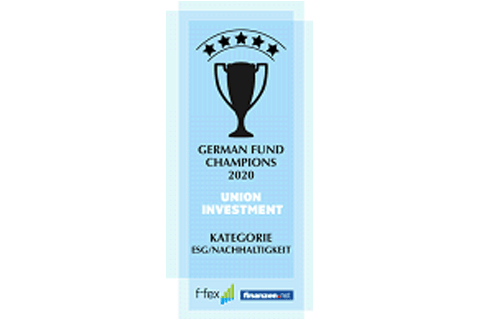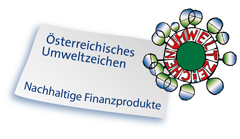Sustainability
-
Sustainability and regionality have been part of the business model of the Austrian Volksbanks for 170 years, they operate in line with cooperative principles and have been built up successfully and sustainably over many generations by their members. The Volksbanks’ focus is on being the customers’ relationship bank within the region, as a result, the Volksbanks operate almost exclusively on the domestic Austrian market. By focusing on regional business, distances are kept short, thus reducing travel and supporting the regional economies. This effectively reduces CO2 emissions. Employees in the various regions, some of whom have known their customers for many years, are responsible for providing customer service. Decisions affecting customers can therefore be made quickly and directly. Through the regional focus, Volksbanks minimise the risk of negative impacts on the environment and on human rights as well as associated reputational risks for the bank.
-
The Association of Volksbanks has clearly committed itself to the Paris agreement on climate protection and has set up a comprehensive project on the subject of sustainability. The membership of VOLKSBANK WIEN AG, as the central organisation of the Association of Volksbanks, in the United Nations Global Compact (UN Global Compact) underlines the importance of the sustainability aspect in our business activities; and the following Code of Conduct is an integral part of our corporate culture.
-
In 2015, the member states of the United Nations adopted 17 goals for sustainable development, the Sustainable Development Goals (SDGs). These goals address sustainability at economic, social and ecological levels. On 1 January 2016, the SDGs entered into force for a term of 15 years. Politics, civil society and business are working together to implement the SDGs; accordingly, the SDGs are also relevant for the Volksbanks. Starting in 2018, specific SDGs were assigned to key sustainability topics of VOLKSBANK WIEN AG. Click on the link below to find information on the most relevant SDGs, the Sustainability Report of VOLKSBANK WIEN AG and further information on sustainability.
Union Investment – award-winning fund partner
-
Union Investment has been one of Germany’s largest fund providers since 1956, and in 2016 the cooperation with the Association of Volksbanks in Austria has been initiated. Union Investment is the market leader in sustainable investments in Germany, independent experts confirm that sustainability is one of Union Investment’s core competences:
Principles for Responsible Investment
-

In September 2019, the United Nations-backed PRI (Principles for Responsible Investment) organisation awarded Union Investment its top A+ rating for its comprehensive approach to embedding responsible investment activities.
German Fund Champions 2020
-

At the German Fund Champions 2020 – a new award for investment companies offering a broad range of funds in Germany – Union Investment came out on top in the “ESG/Sustainability” category. In cooperation with finanzen.net, the fund experts of f-fex AG have developed the new concept for the quality assessment of investment companies in five categories. In each of the categories: equities, bonds, mixed funds and ESG/sustainability, 20 companies compete against each other. Ten providers are competing in the ETF category. The awards were presented in November 2019.
Investors can rely on recognised standards
-

The Austrian eco-label was awarded by the Federal Ministry of Sustainability and Tourism because, in addition to economic criteria, ecological and social criteria are taken into account in the selection of shares/bonds etc. The eco-label guarantees that these criteria and their implementation are suitable for selecting appropriate shares/bonds etc. This was verified by independent entities. The award of the eco-label does not represent an economic valuation and does not allow any conclusions to be drawn regarding the future performance of the investment product.